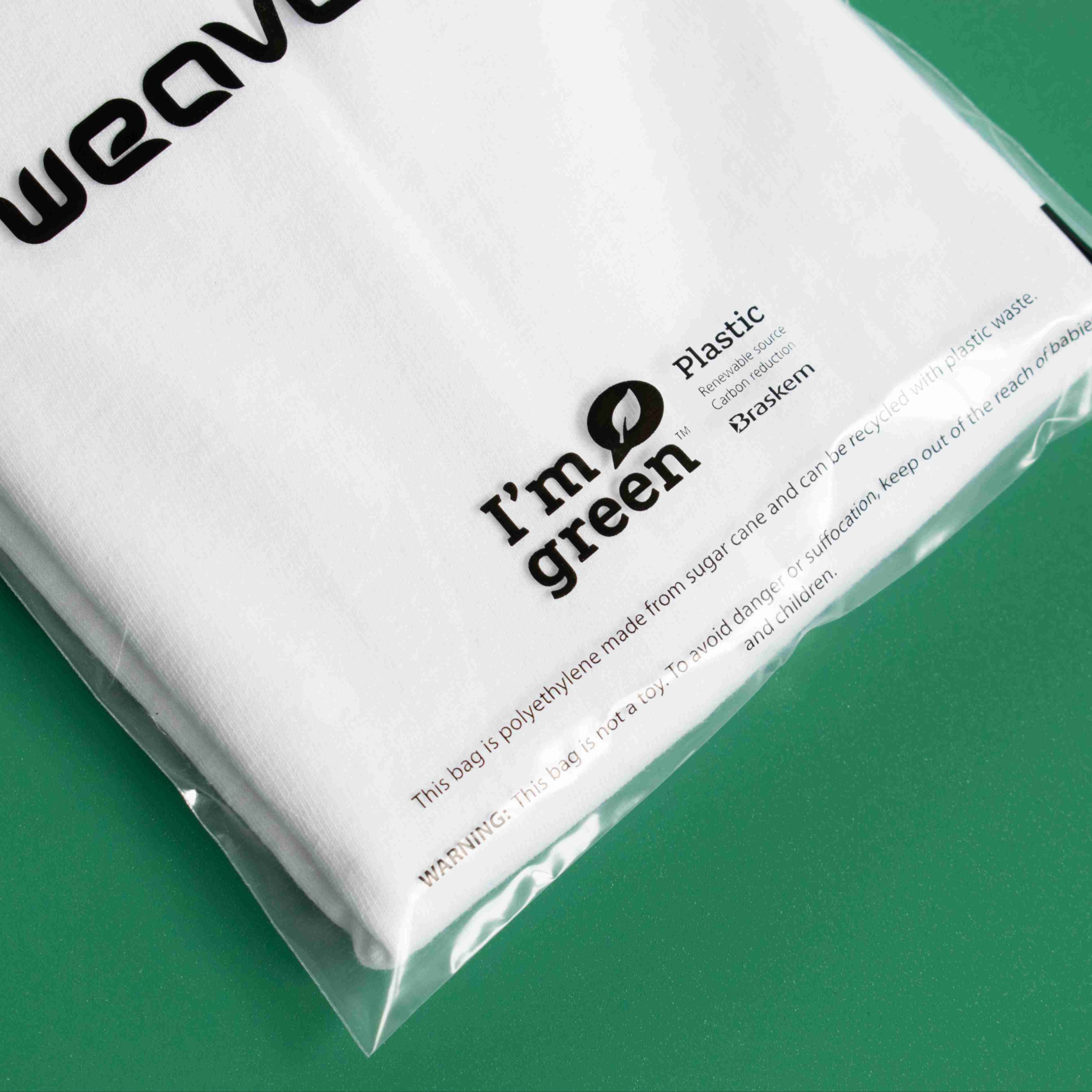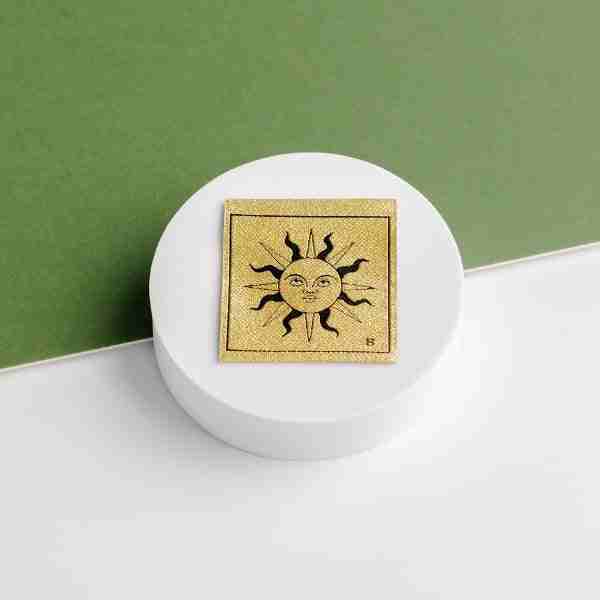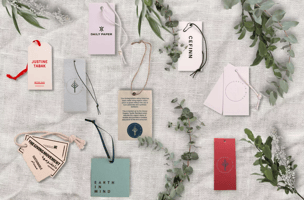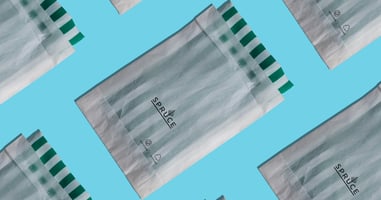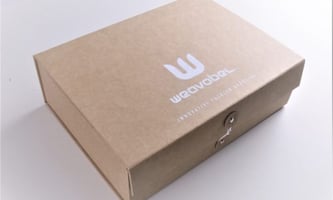What are bio-based materials for packaging and trims?
What are bio-based materials? And how can they be used in packaging and trim projects?
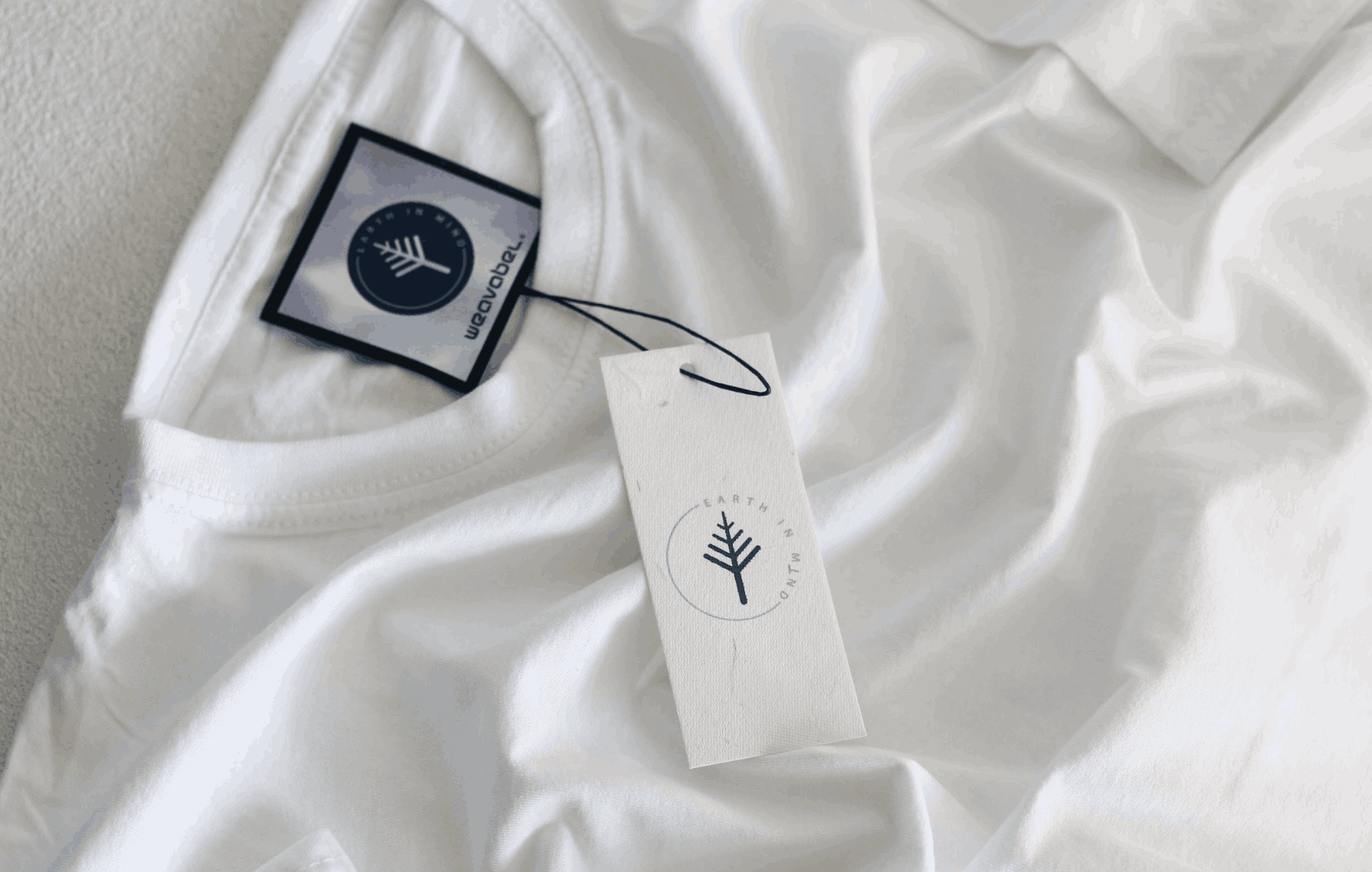
Materials are constantly evolving to plug gaps and offer eco-friendly alternatives to options we rely upon every day.
Bio-based materials are both sustainable and practical, so how can you use them in your branding and packaging projects? This blog tells all.
What are bio-based materials?
Bio-based materials are products derived from natural origins rather than chemically created. For example, cotton is a bio-based material but plastics aren't.
However, some plastics are combined with bio-based materials to create biopolymers — sustainable plastics that are modified to minimise their environmental impact.
The benefits of bio-based materials
So, what are the benefits of using bio-based materials for fashion, homeware and sportswear brands?
While they can be used for products, using bio-based materials in your packaging and trim projects improves your brand message.
Some of the benefits include:
- Biodegradable: Materials derived from natural resources are usually biodegradable, meaning they break down over time, resulting in less harmful waste in landfills.
- Renewable: The natural resources used to make bio-based materials are often renewable, meaning they’ll be replenished naturally over time and are more sustainable.
- Fewer petrochemicals: Non-bio-based materials such as plastics are made using petrochemicals. Bio-based materials reduce the reliance on fossil fuels and the associated negative environmental impact.
- Innovation: Investing in sustainability has led to significant innovation in materials, helping push the industry forward.
- Consumer appeal: Consumers are placing an increasing importance on sustainability, so investing in bio-based materials can give your brand a competitive edge.
- Reduced carbon footprint: As bio-based materials are mostly sourced from plants, the carbon dioxide emitted during production and degradation is often offset.
Bio-based materials for packaging and trims
Bamboo
Bamboo is a bio-based material derived from the bamboo plant. Bamboo is fast-growing and regenerative, making it an excellent alternative to traditional paper or cotton products.
Less bleach and fewer chemicals are used to process bamboo into a finished material, reducing its environmental impact.
When factoring into your packaging and trim projects, bamboo can be used for paper hang tags and carrier bags, and as a viable alternative to cotton bags, labels and trims.
Cornstarch poly bags
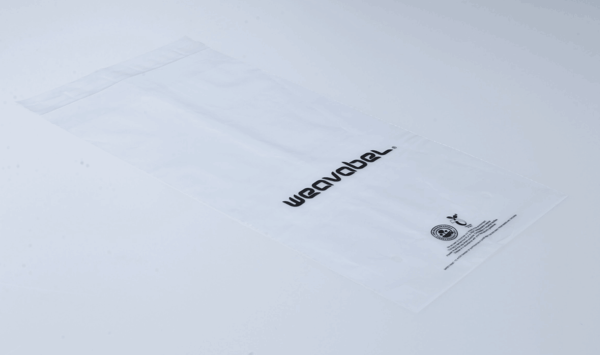
Cornstarch is a biodegradable plastic made from natural plant materials. While they are still considered plastic, cornstarch poly bags are classed as modified biopolymers.
Cornstarch poly bags are biodegradable and compostable, reducing the impact of plastic waste on the environment.
Poly bags protect your products and garments from damage as they travel through the supply chain to the end consumer.
FSC-certified paper
Paper is one of the most recognised bio-based materials. FSC-certified paper is responsibly sourced, adding to the eco-credentials of this product.
Paper is a regenerative and natural product which biodegrades and is widely recycled into new products.
FSC-certified paper can be used for swing tags, carrier bags, kraft mailing bags, paper tape and more.
Seed paper
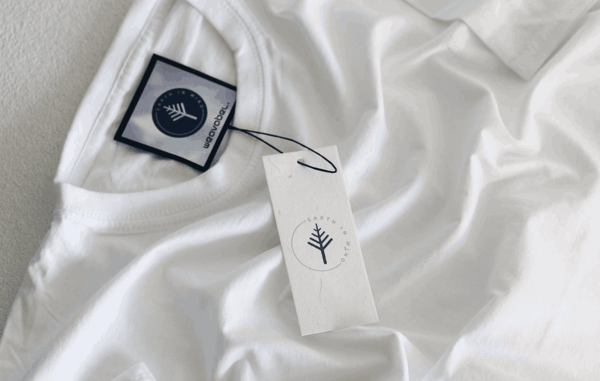
Seed paper comprises various bio-based products, including marigold seeds, paper and waste white cotton.
It's a plantable material and can be used to create cards, overrider tickets and swing tags, with marigold flowers growing from it being planted. Produced using waste material, seed paper is regenerative, biodegradable and sustainable.
Discover more about sustainable materials
At Weavabel, we’re always researching and developing the latest sustainable materials for our packaging and trims. Whether you need a sustainable alternative to plastics or want to enhance your branding with eco-friendly materials, we have it all.
To find out more about the materials we use and how they can enhance your next branding project, download our textiles cheat sheet.

